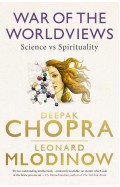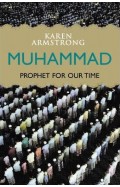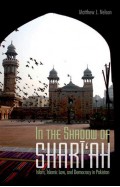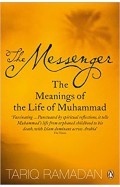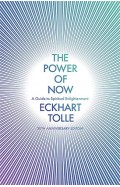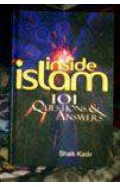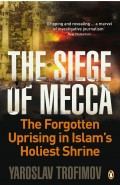Aisha al-Ba'uniyya - A Life in Praise of Love
By: Th. Emil Homerin
-
Rs 6,295.00
Due to constant currency fluctuation, prices are subject to change with or without notice.
Aisha al-Ba‘uniyya (c.1456–1517) was one of the greatest women mystics in Islamic history. A Sufi master and an Arab poet, her religious writings were extensive by any standard and extraordinary for her time. In medieval Islam a number of women were respected scholars and teachers, but they rarely composed works of their own. Aisha al-Ba‘uniyya, however, was prolific. She composed over twenty works, and likely wrote more Arabic prose and poetry than any other Muslim woman prior to the twentieth century.
The first full-scale biography of al-Ba‘uniyya in the English language, this volume provides a rare glimpse into the life and writings of a medieval Muslim woman in her own words. Homerin presents her work in the wider context of late-medieval Islamic spirituality, examining the influence of figures such as Ibn al-‘Arabi, al-Busiri and Ibn al-Farid, and emphasising the role of the person of the Prophet Muhammad in her spirituality. Aisha al-Ba‘uniyya is a fascinating introduction to a figure described by a sixteenth-century biographer as ‘one of the marvels of her age’.
Aisha al-Ba‘uniyya (c.1456–1517) was one of the greatest women mystics in Islamic history. A Sufi master and an Arab poet, her religious writings were extensive by any standard and extraordinary for her time. In medieval Islam a number of women were respected scholars and teachers, but they rarely composed works of their own. Aisha al-Ba‘uniyya, however, was prolific. She composed over twenty works, and likely wrote more Arabic prose and poetry than any other Muslim woman prior to the twentieth century.
The first full-scale biography of al-Ba‘uniyya in the English language, this volume provides a rare glimpse into the life and writings of a medieval Muslim woman in her own words. Homerin presents her work in the wider context of late-medieval Islamic spirituality, examining the influence of figures such as Ibn al-‘Arabi, al-Busiri and Ibn al-Farid, and emphasising the role of the person of the Prophet Muhammad in her spirituality. Aisha al-Ba‘uniyya is a fascinating introduction to a figure described by a sixteenth-century biographer as ‘one of the marvels of her age’.
Zubin Mehta: A Musical Journey (An Authorized Biography)
By: VOID - Bakhtiar K. Dadabhoy
Rs 840.00 Rs 1,050.00 Ex Tax :Rs 840.00
The Quest For Meaning: Developing A Philosophy Of Pluralism
By: Tariq Ramadan
Rs 1,116.00 Rs 1,395.00 Ex Tax :Rs 1,116.00
In the Shadow of Shari'ah: Islam, Islamic Law and Democracy in Pakistan
By: Matthew J Nelson
Rs 2,316.00 Rs 2,895.00 Ex Tax :Rs 2,316.00
The Messenger: The Meanings of the Life of Muhammad
By: Tariq Ramadan
Rs 2,595.00 Ex Tax :Rs 2,595.00
No similar books from this author available at the moment.
No recently viewed books available at the moment.
Zubin Mehta: A Musical Journey (An Authorized Biography)
By: VOID - Bakhtiar K. Dadabhoy
Rs 840.00 Rs 1,050.00 Ex Tax :Rs 840.00












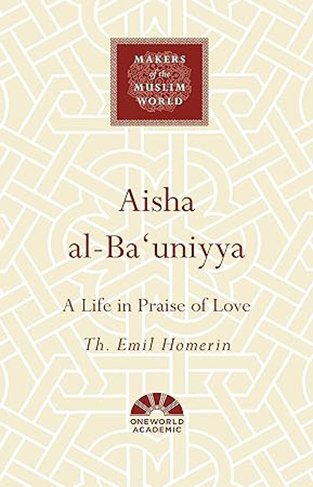
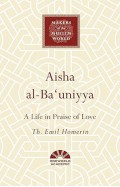
-120x187.jpg?q6)






